

M Kumarasamy College of Engineering (MKCE) takes pride in launching an innovative B.Tech - Computer Science and Business Systems (CSBS) Programme in association with Tata Consultancy Services (TCS) in the academic year 2020-21. The objective of this academic collaboration is to bridge the gap between academia and industry and to mould the students to become fully-fledged IT professionals when they step out of our Institution. The Department of Computer Science and Business Systems (CSBS) program likes to address the growing needs of the engineering mind with skills in digital technology. TCS in partnership with leading academicians across India has designed a 4 years undergraduate program on Computer Science titled Computer Science and Business Systems (CSBS). The students of Computer Science need to inculcate a mindset of continuous learning to garner knowledge and skills that will enable them to develop and deploy solutions for the Business 4.0 world.This curriculum aims to enhance the Understanding of Technology Abstraction, Knowledge of Common Business Principles, Innovation Ability, and Understanding of Contemporary Technology. The students are also exposed to emerging topics such as Analytics, Machine Learning, Cloud Computing, Internet of Things, etc to make them industry-ready at the end of four years of study. This curriculum is a One Stop Solution for the growing demand in the corporate world.
The career path you can choose after the course The students graduating from this program will be in high demand by the industries and will be productive. This program exposes the students to emerging topics such as Analytics, Machine Learning, Cloud Computing, Internet of Things, etc and makes them Industry Ready.
Duration:
4 years (Regular) / 3 years (Lateral Entry)
No. of Semesters:
8 (Regular) / 6 (Lateral Entry)
No. of Seats:
Total - 60 ( NRI Approval Status - Yes , PIO / FN / GULF quota / OCI Approval Status - No)
Eligibility:
10+2 system of Education. Must have secured a pass in Physics, Chemistry and Mathematics in the qualifying examination.
Scope for Higher Studies:
M.E. / M.Tech. / M.B.A./ M.S.
To reach excellent standards of quality-education by using latest tools and to be the centre of excellence by promoting knowledge centric education, innovation and state-of-art research in the field of Artificial Intelligence and Data Science.
M1: To impart quality and value based education and contribute towards the innovation of computing, expert system, Data Science to raise satisfaction level of all stakeholders.
M2: To educate the future Computing engineers with strong fundamentals by continuously improving the teaching learning methodologies using contemporary aids.
M3: Enabling students to get expertise in critical skills with Artificial Intelligence domain and facilitate socially responsive research and innovation.
M4: To encourage professional development of students that will inculcate ethical values and leadership skills while working with the community to address societal issues.
PEO1: To apply mathematical, scientific and engineering concepts essential for a data architect/data scientist to address the various challenges using emerging AI technologies.
PEO2: To impart knowledge to create, analyze, design, implementation and test a novel solutions required for broader social context.
PEO3: To hone personality skills, leadership qualities, social commitment, social responsibilities, possess professional and ethical attitude through life-long learning and multidisciplinary approach.
PO1: Engineering knowledge: Apply the knowledge of mathematics, science, engineering fundamentals, and an engineering specialization to the solution of complex engineering problems.
PO2: Problem analysis: Identify, formulate, review research literature, and analyze complex engineering problems reaching substantiated conclusions using first principles of mathematics, natural sciences, and engineering sciences.
PO3: Design/development of solutions: Design solutions for complex engineering problems and design system components or processes that meet the specified needs with appropriate consideration for the public health and safety, and the cultural, societal, and environmental considerations.
PO4: Conduct investigations of complex problems: Use research-based knowledge and research methods including design of experiments, analysis and interpretation of data, and synthesis of the information to provide valid conclusions.
PO5: Modern tool usage: Create, select, and apply appropriate techniques, resources, and modern engineering and IT tools including prediction and modeling to complex engineering activities with an understanding of the limitations.
PO6: The engineer and society: Apply reasoning informed by the contextual knowledge to assess societal, health, safety, legal and cultural issues and the consequent responsibilities relevant to the professional engineering practice.
PO7: Environment and sustainability: Understand the impact of the professional engineering solutions in societal and environmental contexts, and demonstrate the knowledge of, and need for sustainable development.
PO8: Ethics: Apply ethical principles and commit to professional ethics and responsibilities and norms of the engineering practice.
PO 9: Individual and team work: Function effectively as an individual, and as a member or leader in diverse teams, and in multidisciplinary settings.
PO10: Communication: Communicate effectively on complex engineering activities with the engineering community and with society at large, such as, being able to comprehend and write effective reports and design documentation, make effective presentations, and give and receive clear instructions.
PO11: Project management and finance: Demonstrate knowledge and understanding of the engineering and management principles and apply these to one’s own work, as a member and leader in a team, to manage projects and in multidisciplinary environments.
PO12: Life-long learning: Recognize the need for, and have the preparation and ability to engage in independent and life-long learning in the broadest context of technological change.
PSO1: Ability to understand, design and develop essential proficiency in the areas related to data science & AI and to identify, use appropriate analytical, statistical and computational principles for designing novel intelligent solutions to meet society needs.
PSO2: Ability to implement Artificial Intelligence and data science techniques such as research establishment career advancement & entrepreneurship and to practice social responsibilities, ethical and human values for the growth of society.

Assistant Professor & HOD

M.B.A., Ph.D.
Associate Professor

M.E., (Ph.D)
Assistant Professor

M.E., (Ph.D)
Assistant Professor

M.E
Assistant Professor

M.E
Assistant Professor

M.E
Assistant Professor

M.E
Assistant Professor

M.E
Assistant Professor

M.E
Assistant Professor

M.E
Assistant Professor

Chairman
Assistant Professor & HoD, Department of CSBS

University Nominee
Associate Professor,Department of CSE,Government college of Engineering,Bodinayakkanur

Subject Expert
Professor, School of Computer Science and Engineering,Galgotias University, Greater Noida

Subject Expert
Associate Professor, Department of CSE, SASTRA Deemed University, Thanjavur.

Industry Expert
Region head, Academic Relationship Manager,TCS,Bengaluru

Alumni Member
Co-Founder, Genius Crate Games, Bengaluru.

Professor/ Associate Professor/ Assistant Professor
Department of CSBS,M.Kumarasamy College of Engineering.
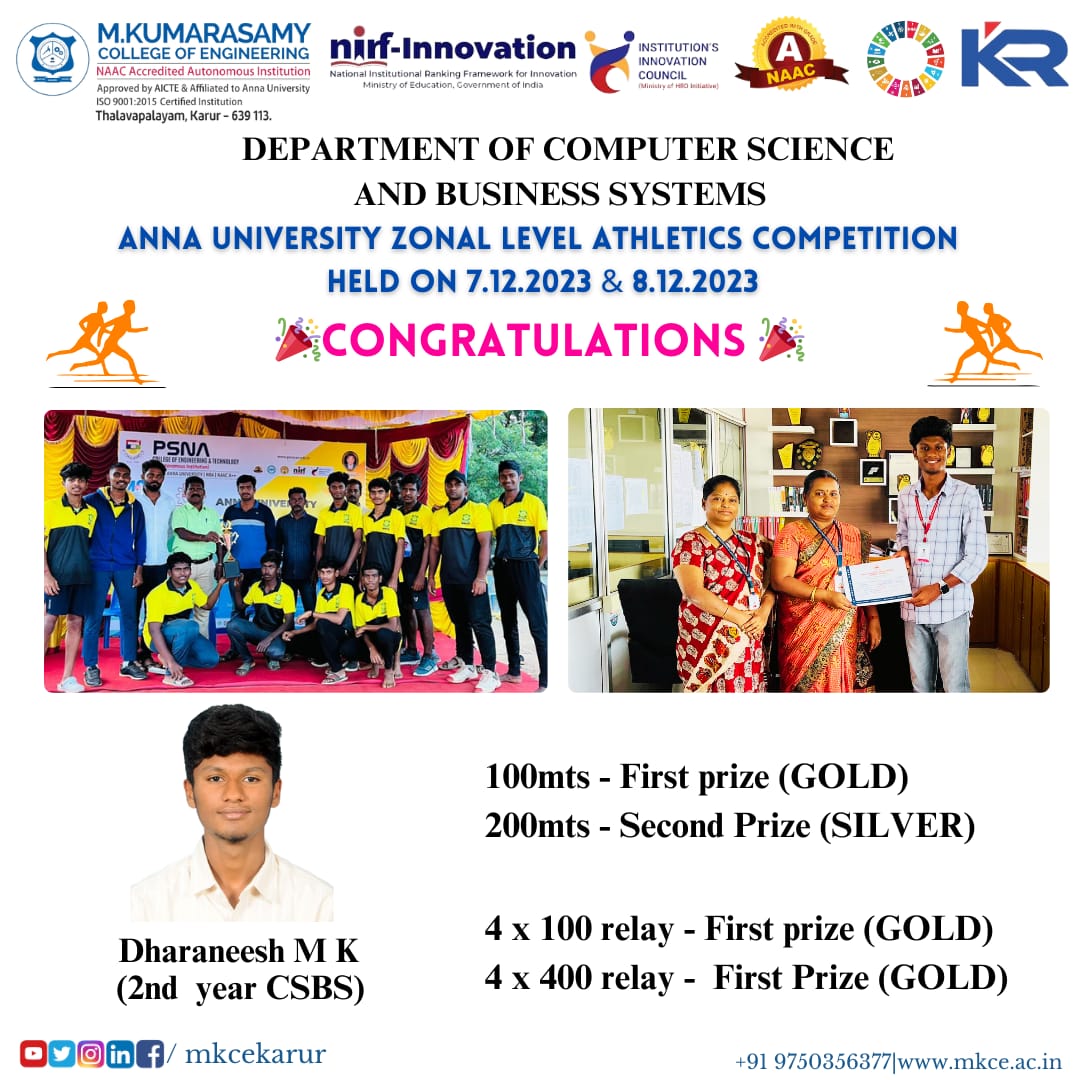
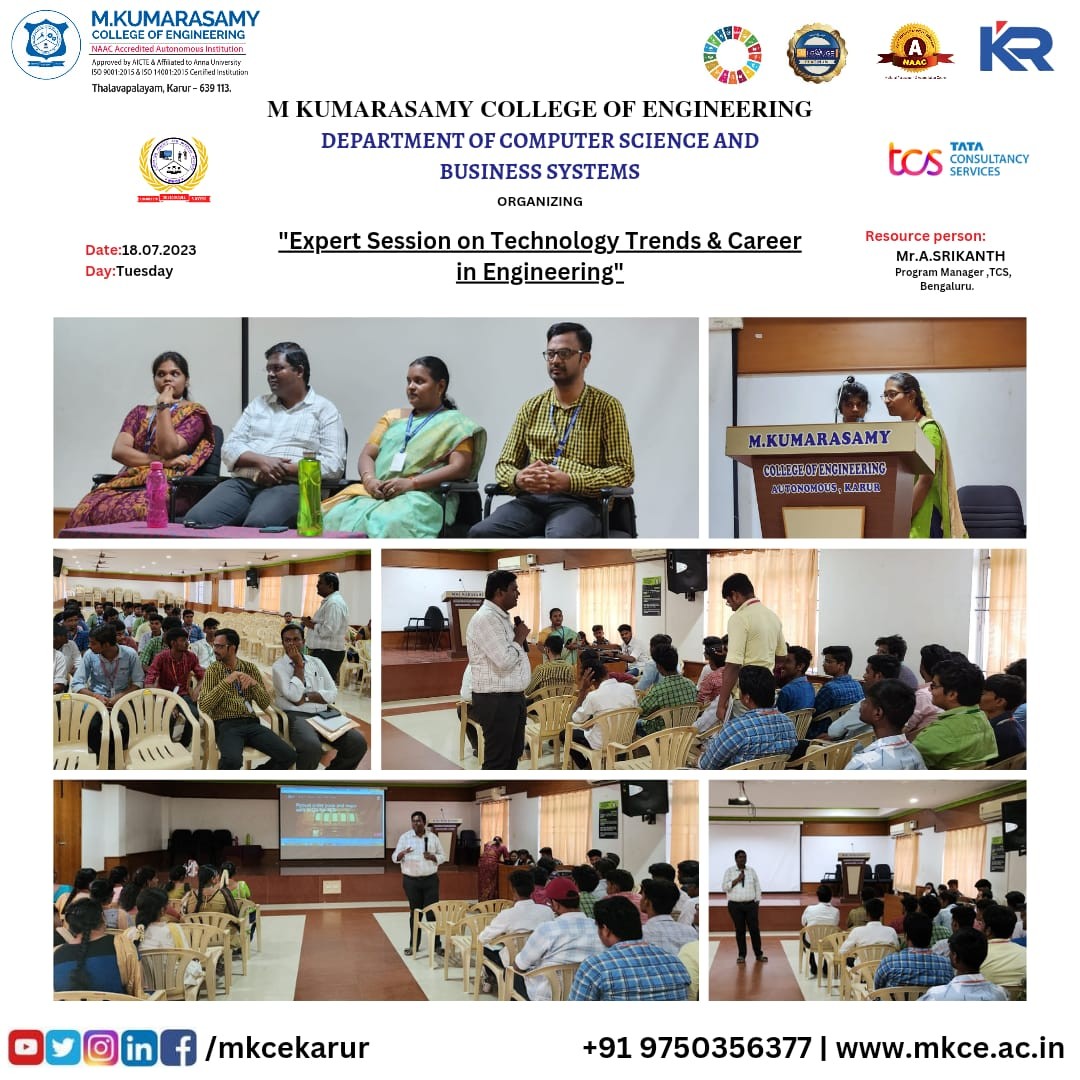
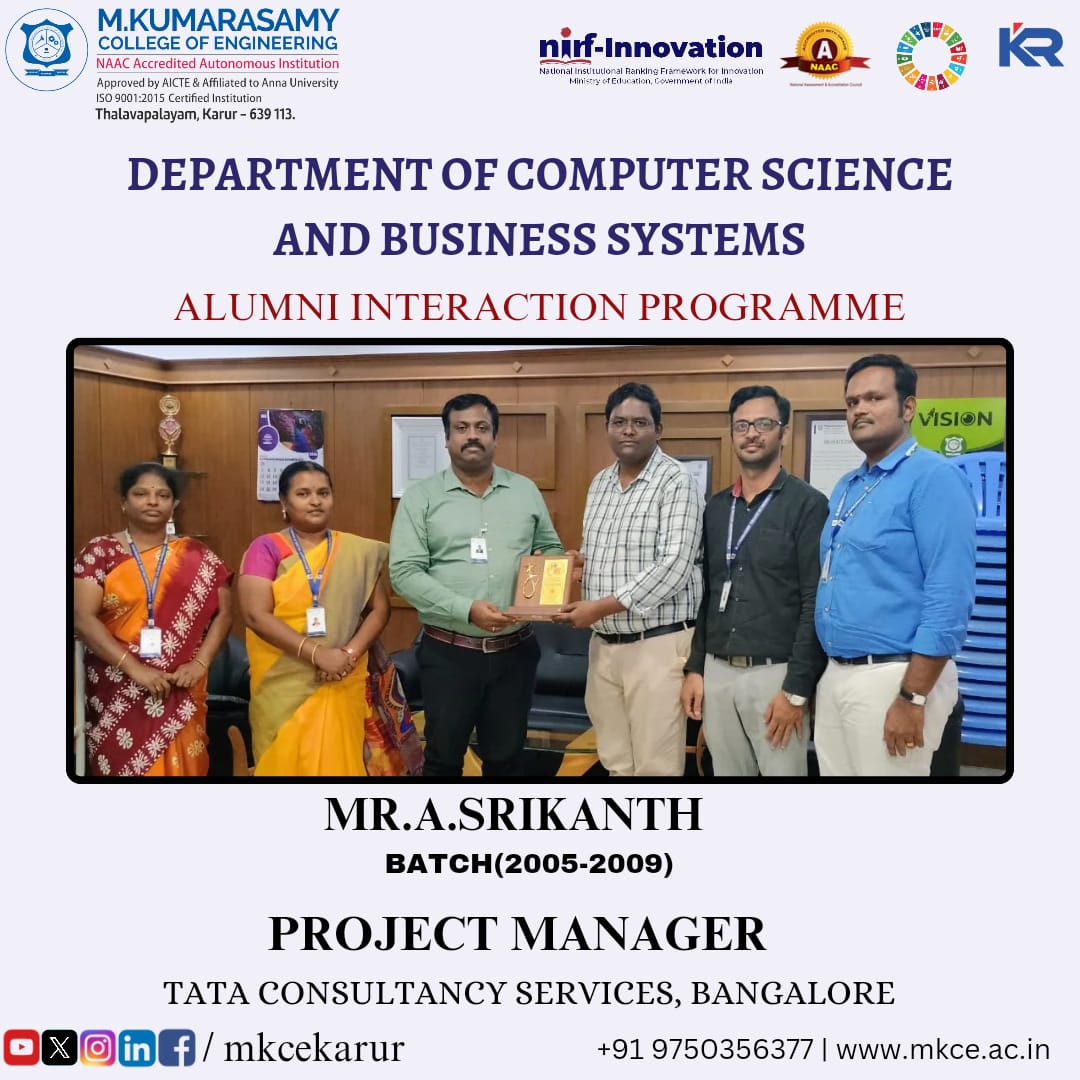

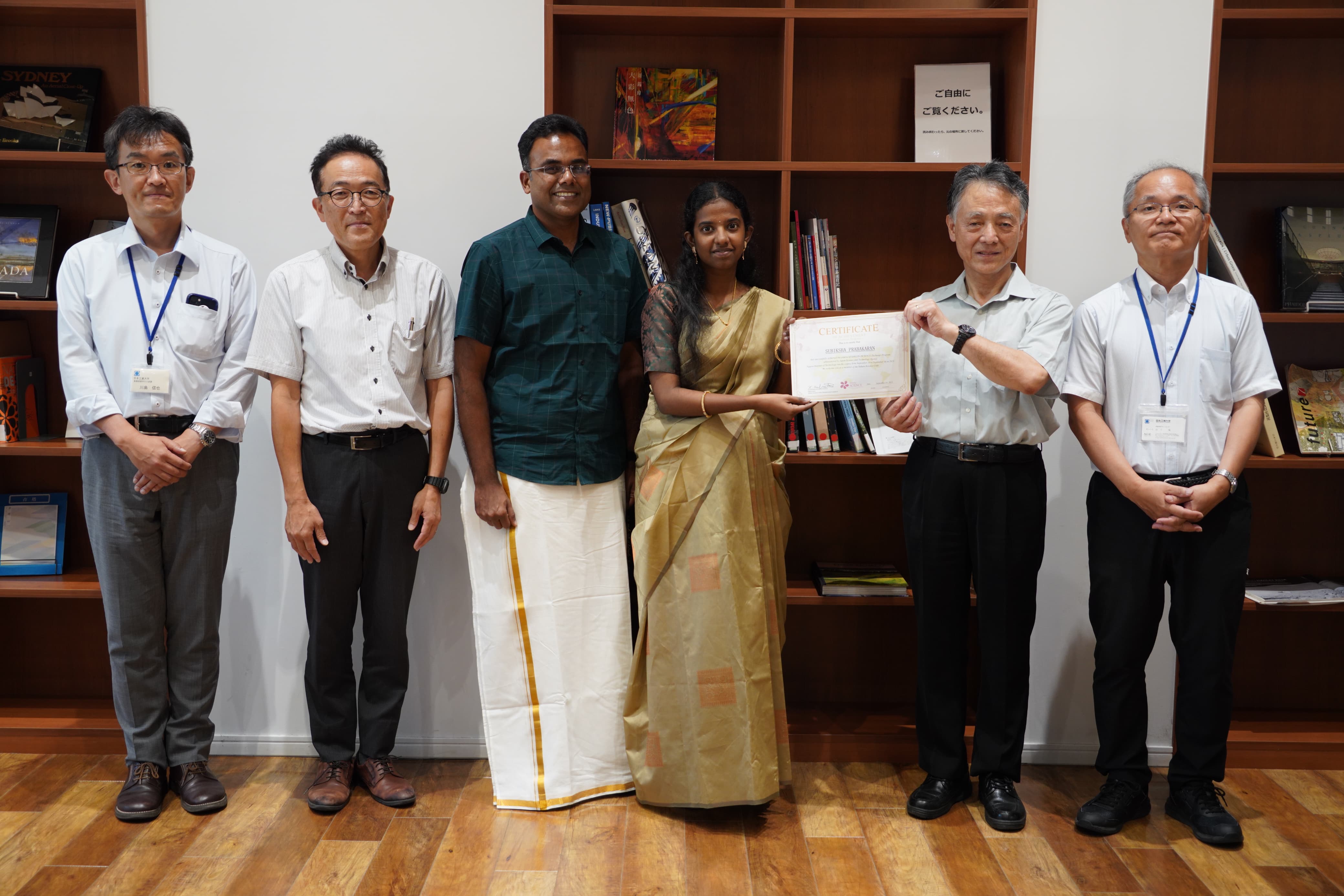
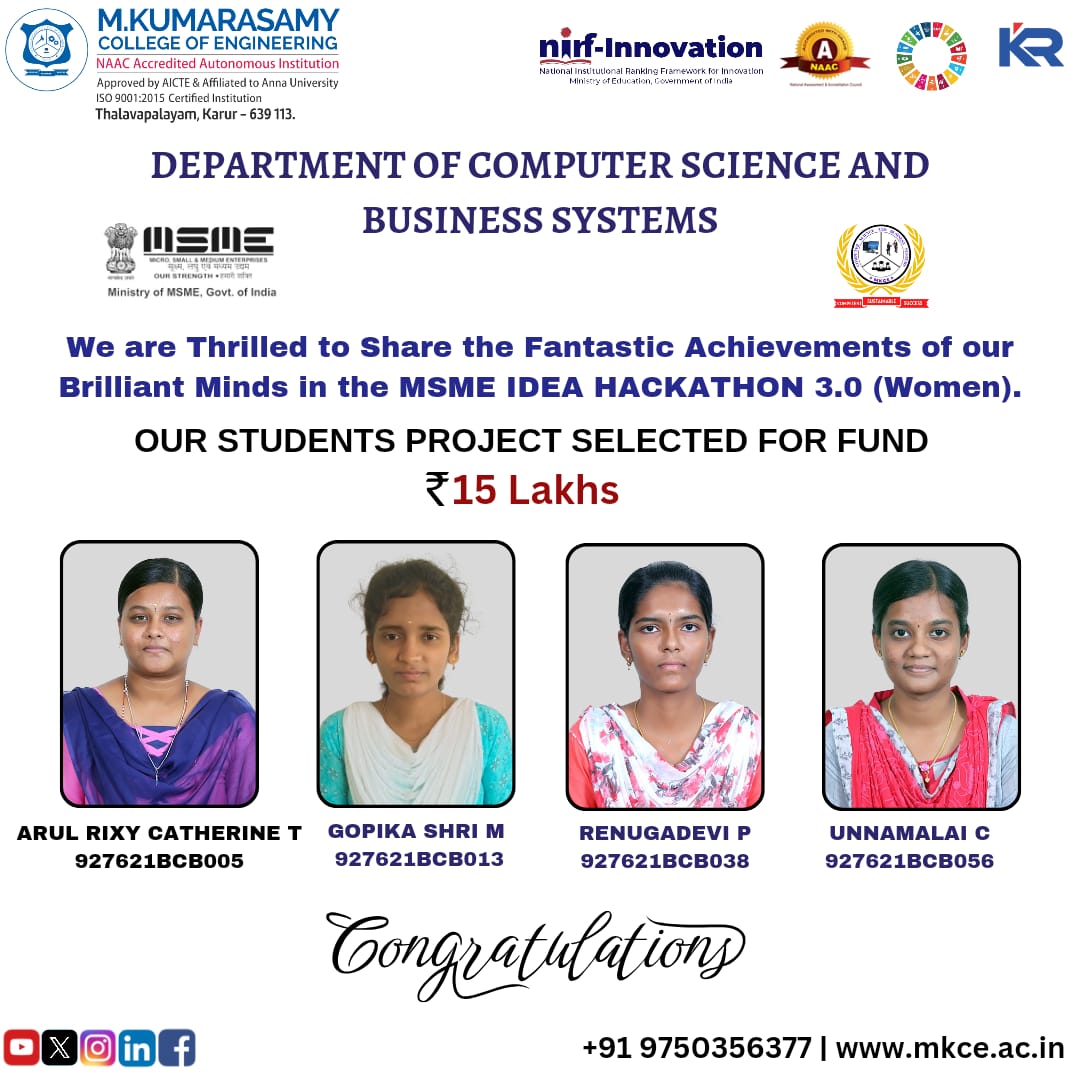
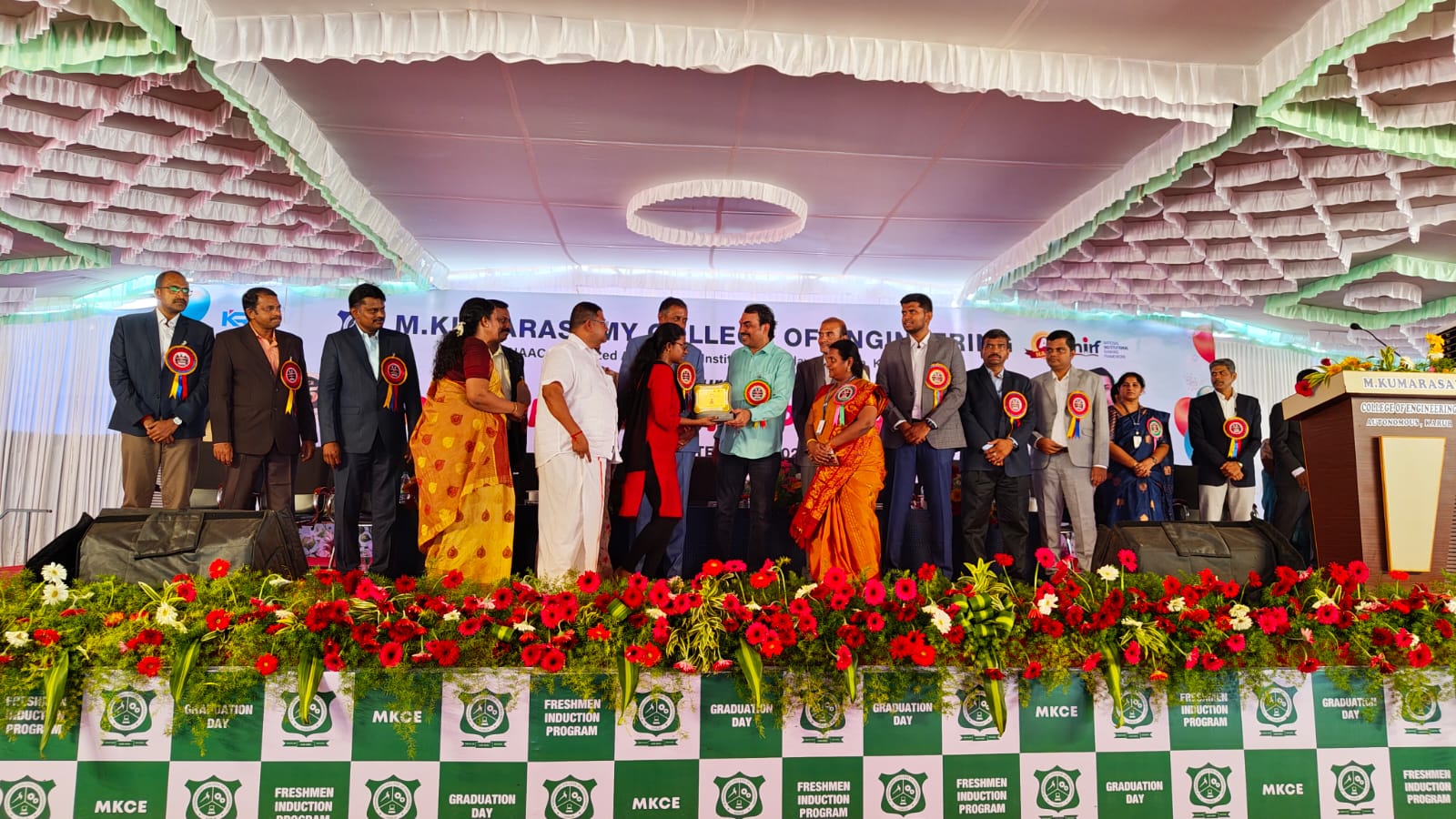
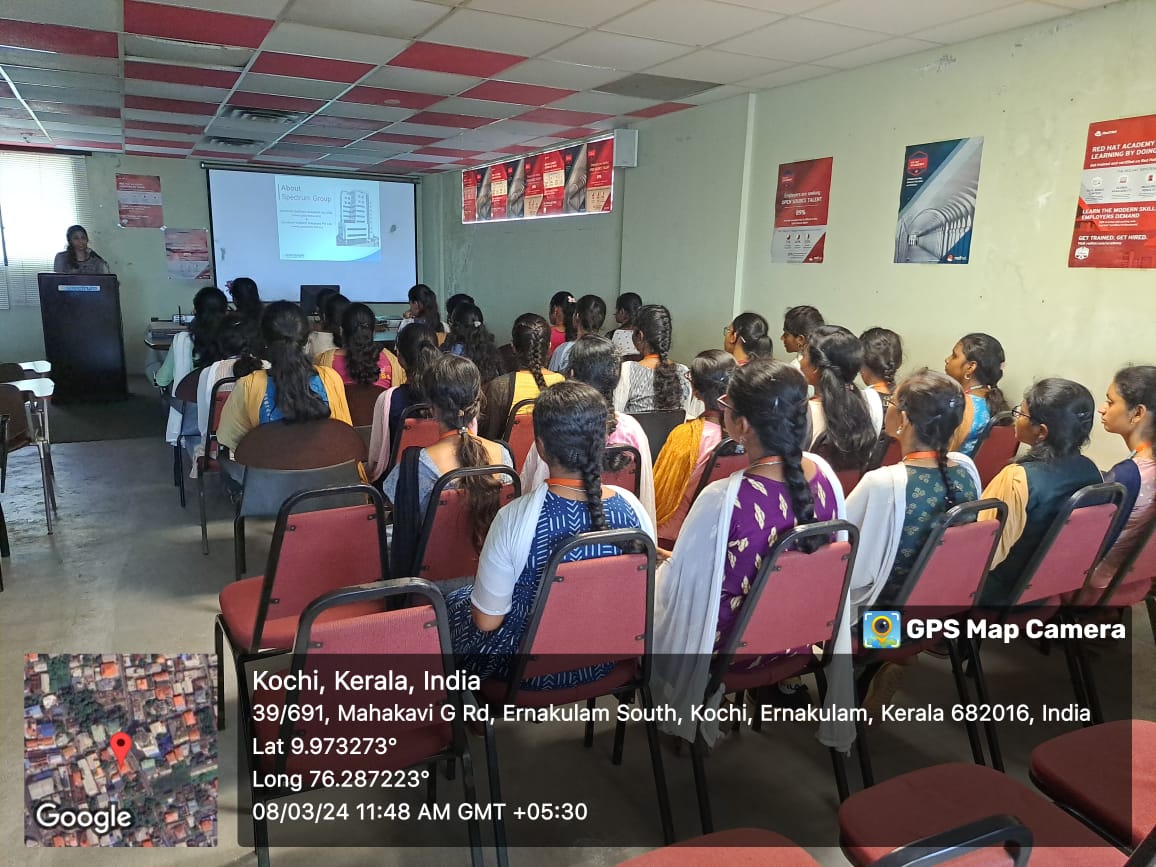
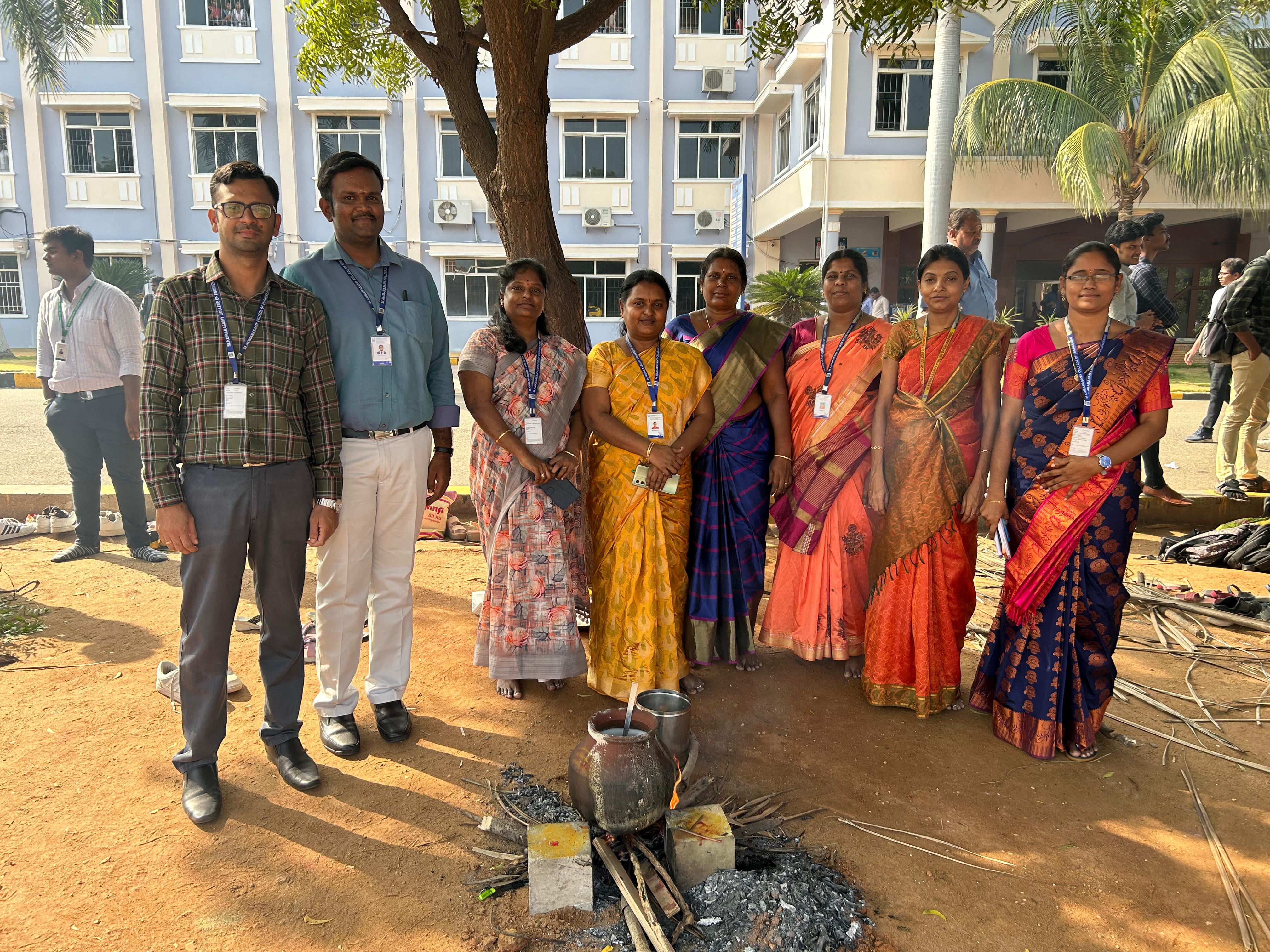









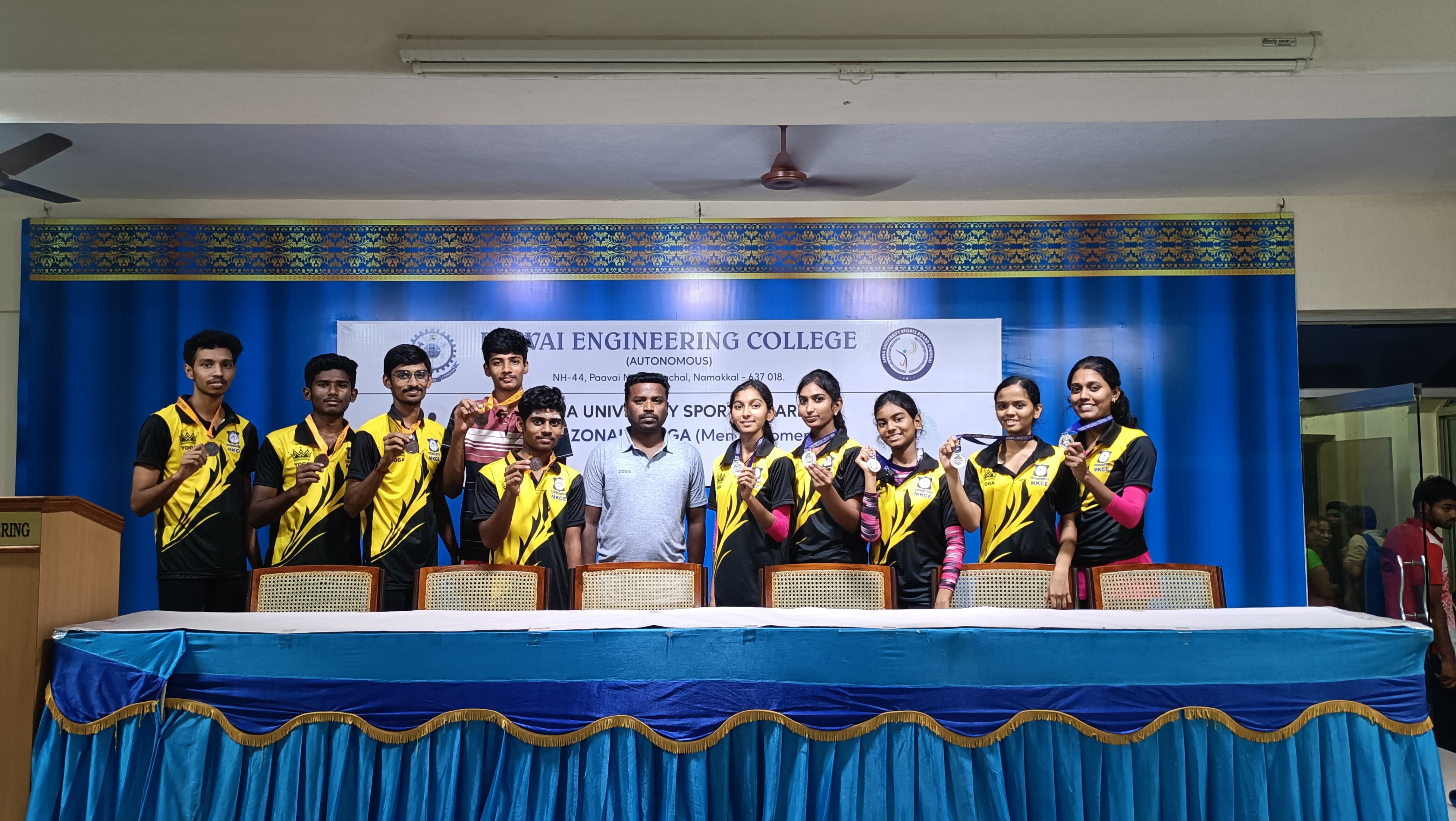

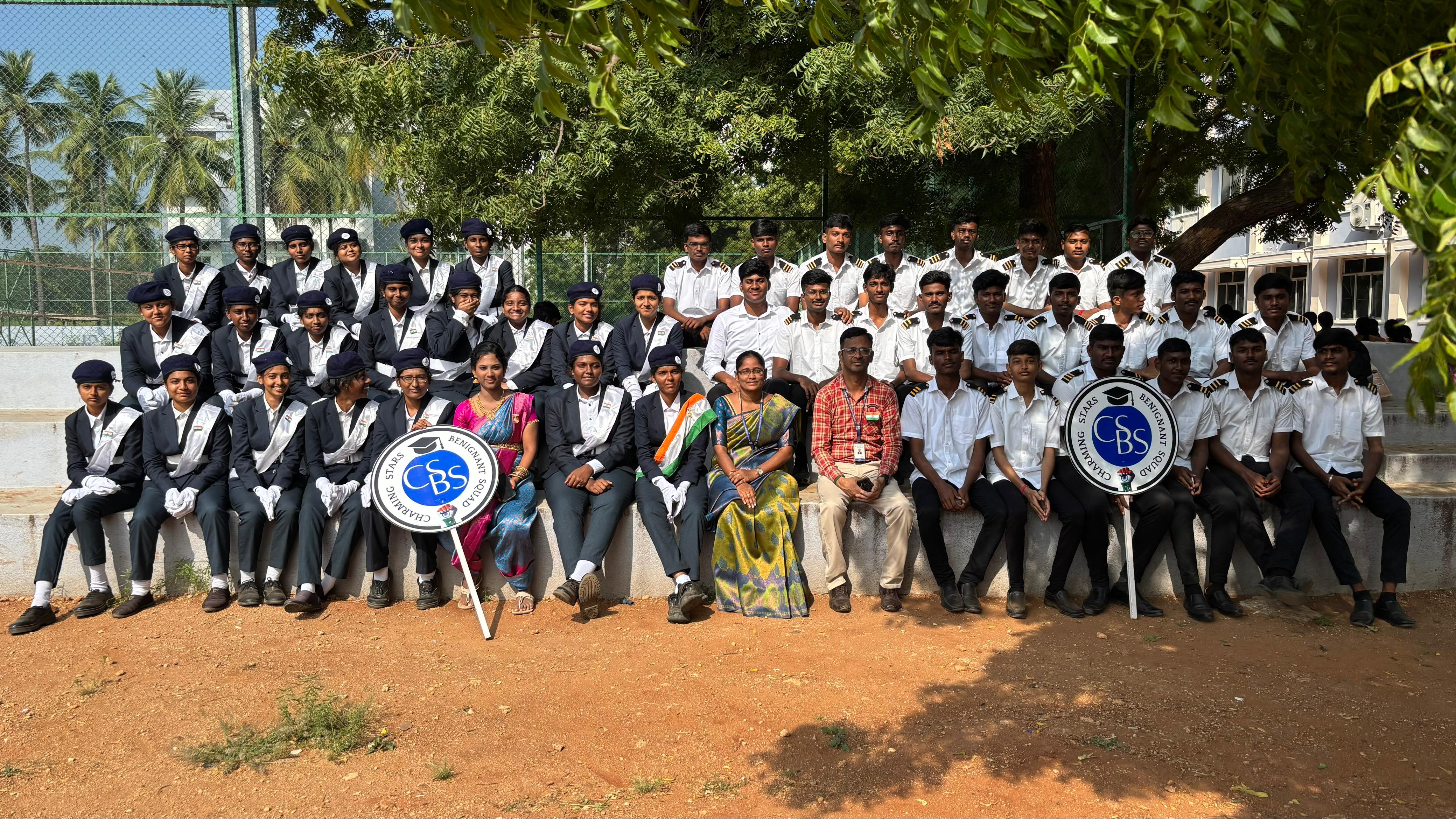

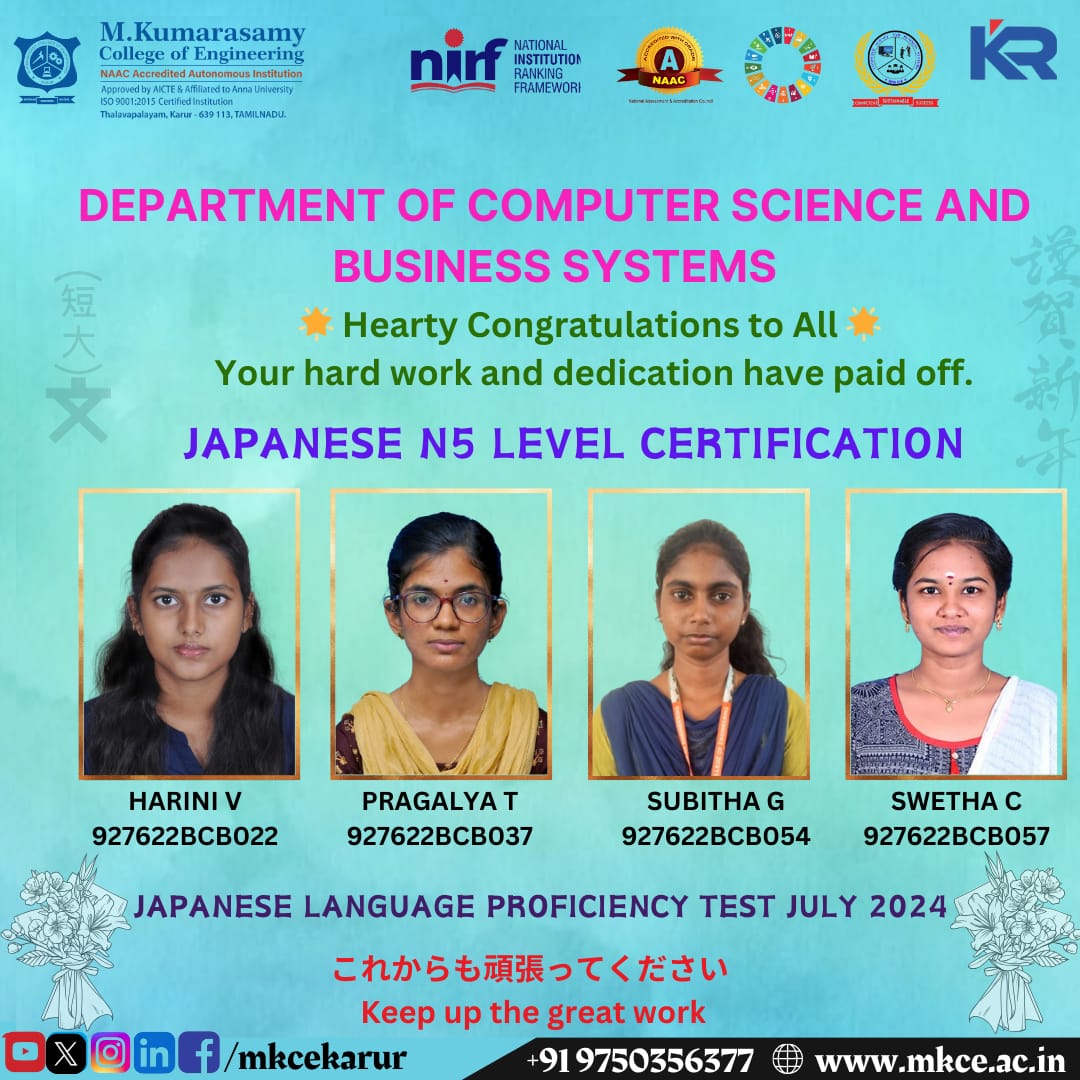
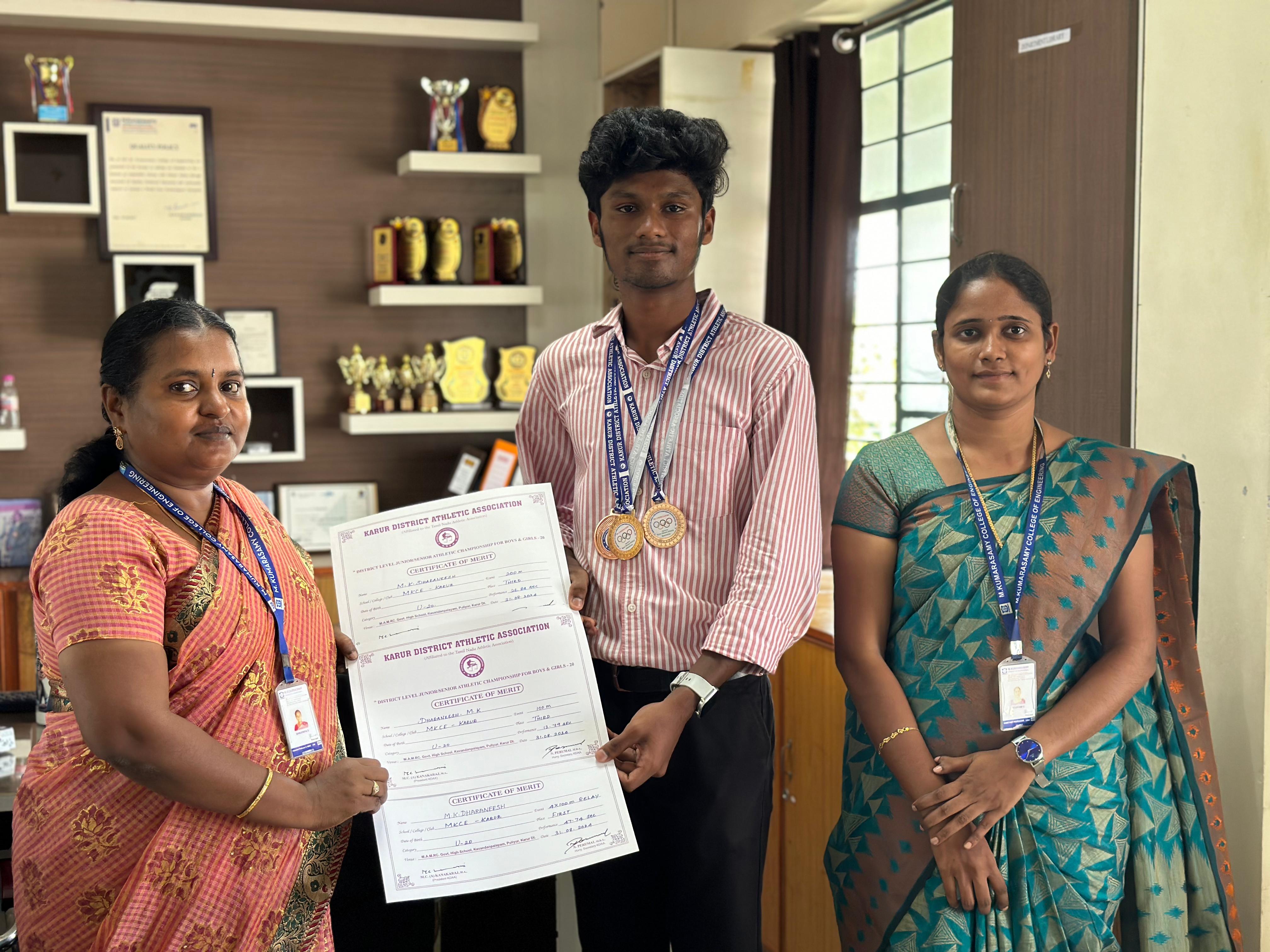
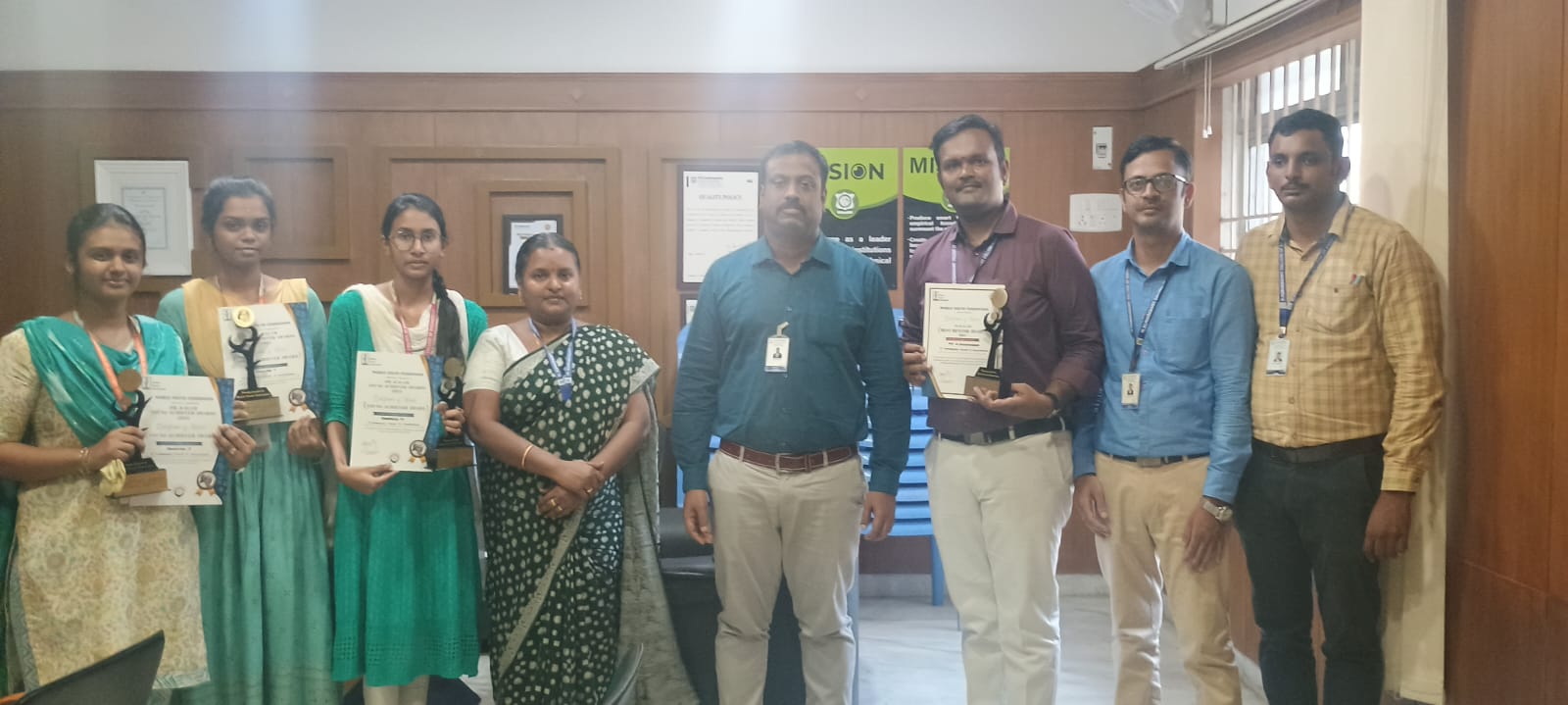


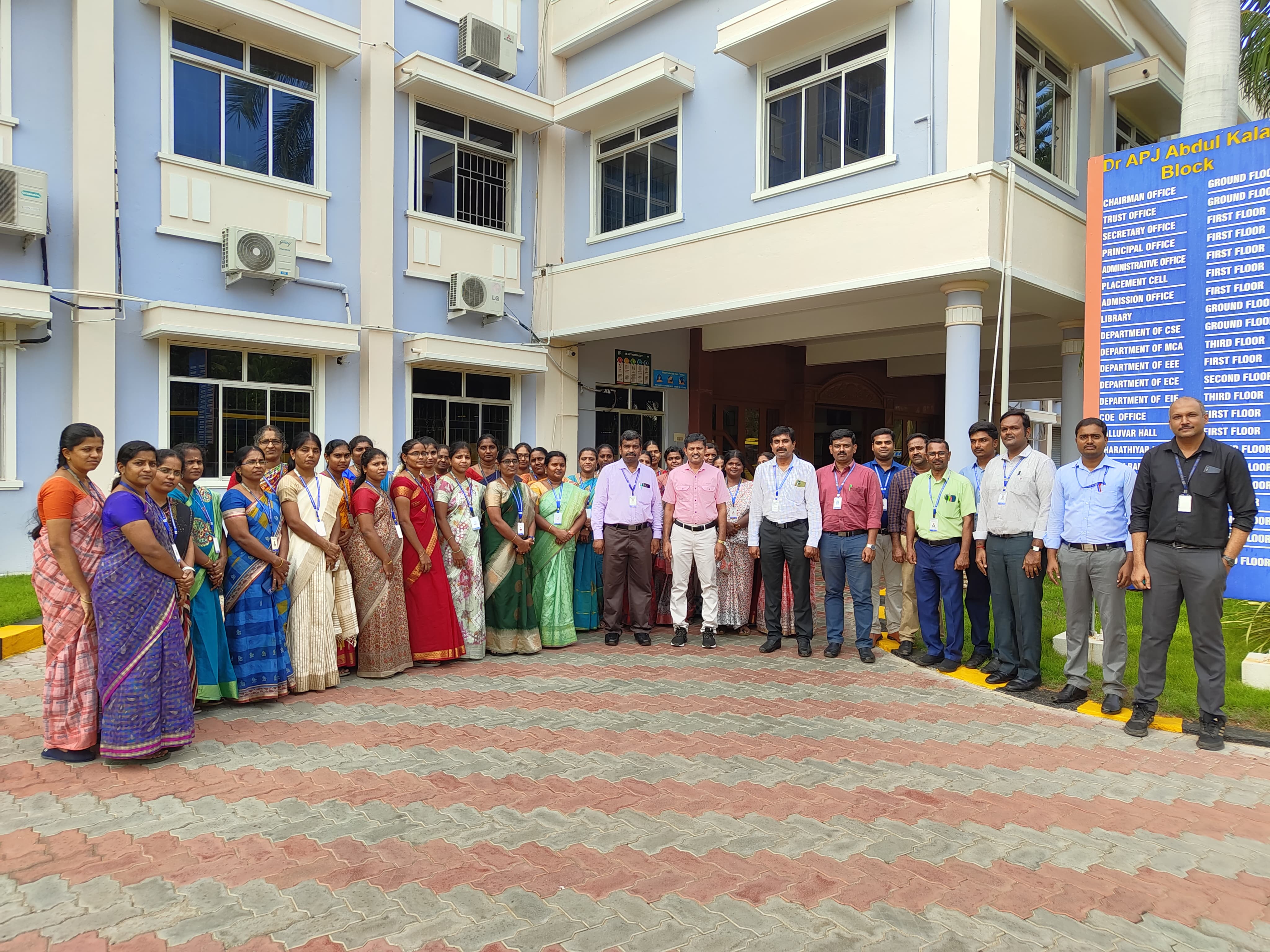
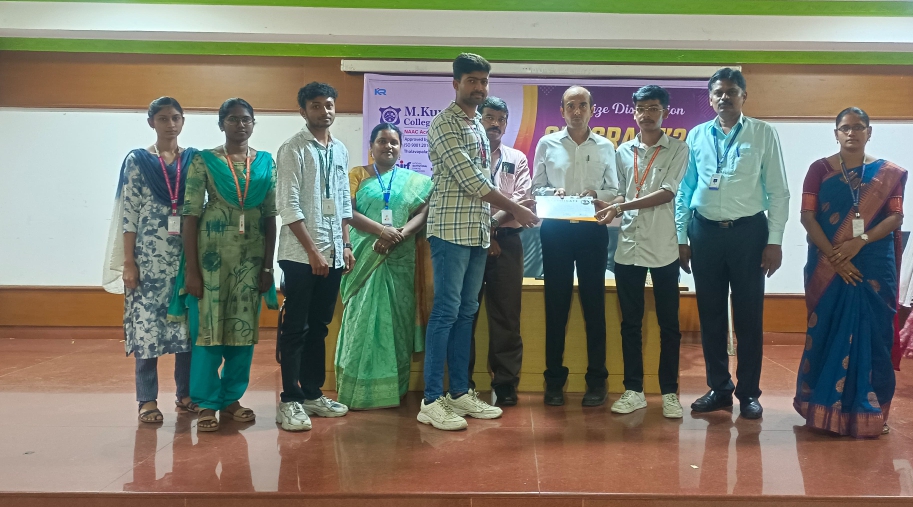
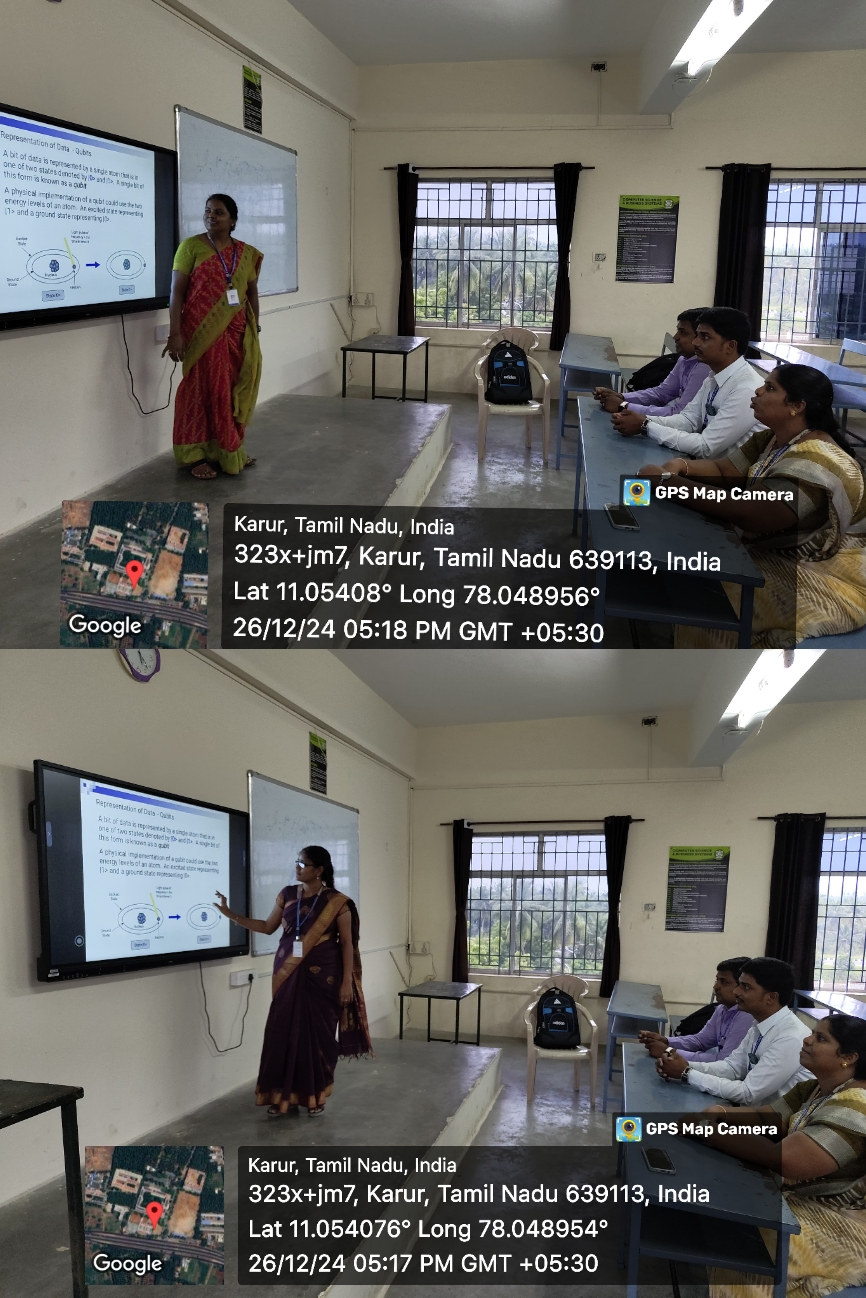












2024 © M.Kumarasamy College of Engineering All Rights Reserved | Designed and Maintained by Technology Innovation Hub - MKCE